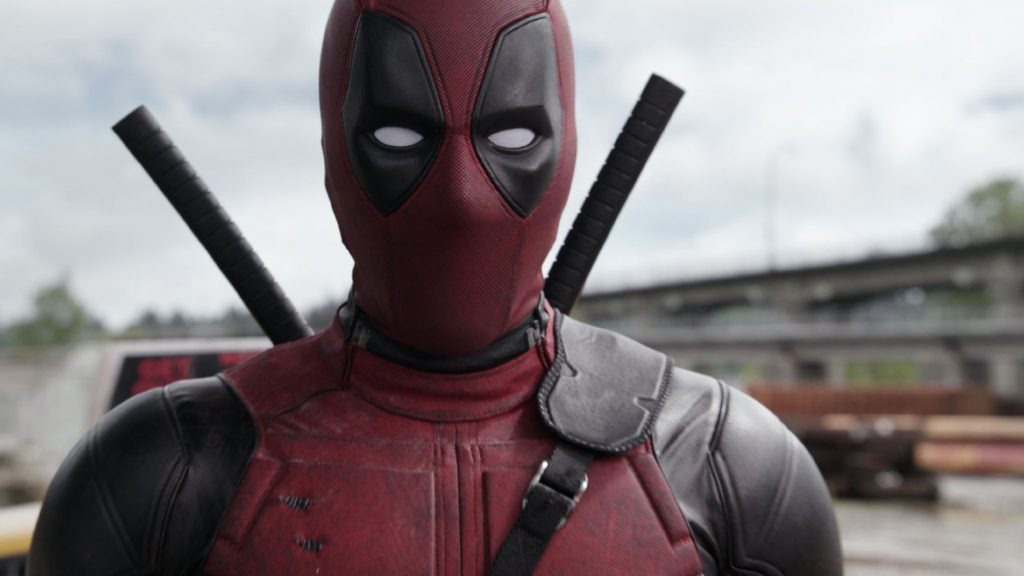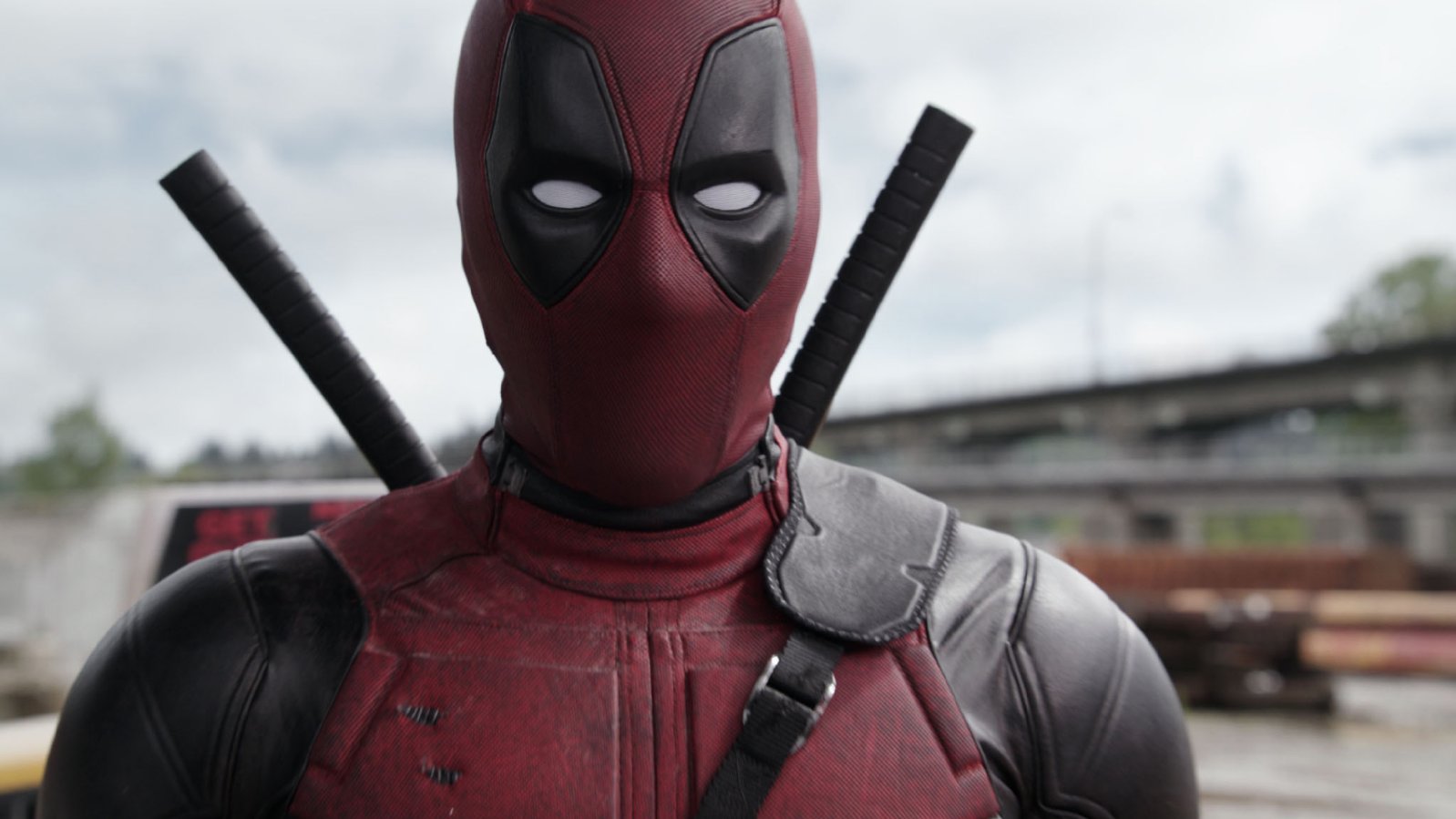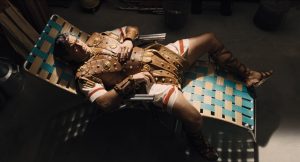After about a minute of watching Deadpool, it is abundantly clear that the film is not taking itself the least bit seriously. Instead of listing the standard rundown of actors and crew, the opening credits name superhero movie stereotypes like “the hot girl,” “the gratuitous cameo,” and “a British villain” before crediting “the real heroes” with writing the film and “an overpaid tool” with directing it. This establishes the film’s meta sense of humor, along with creating expectations for the audience of Deadpool’s irreverent sense of humor. Indeed, Deadpool is a breath of fresh air that simultaneously laughs at and depends on the standard superhero formula.

IMDb
Deadpool’s path to the silver screen was an unusual one, but the film delivers on the promise of the test footage leaked to the public a couple of years ago. Ryan Reynolds completely redeems himself after the horrendous Green Lantern and the equally terrible X-Men Origins: Wolverine, which featured his first turn as the Merc with the Mouth. Reynolds is clearly having a blast with the sharp, sarcastic dialogue that Deadpool’s alter ego, Wade Wilson, loves. Reynolds breaks the fourth wall often and pokes fun at his past failures in the superhero genre. Wade Wilson is an easy character to root for, and writers Rhett Reese and Paul Wernick keep the story as simple as possible in order to let the humor and action shine.
The story is the only place where the film stumbles. For a script that goes out of its way to mock the tropes of the superhero genre, the film presents a very basic origin story for the character, albeit one that is told in a clever, non-linear manner. After Deadpool’s origins are established, the film moves to its climax extremely quickly, where Deadpool faces off against a by-the-numbers villain (Ed Skrein, in a serviceable performance). It seems as if director Tim Miller tries to keep the story as straightforward as possible to prove that Deadpool can work as a character, but it makes the film feel too dependent on the superhero films it goes out of its way to make fun of. Fortunately enough, this flaw is not enough to derail the film.
Besides Deadpool, the film is populated by a surprising number of colorful characters. Morena Baccarin plays the wonderfully sardonic love interest, who proves herself worthy of matching Wilson’s cynical sense of humor and verbal barbs. T.J. Miller plays the comic relief sidekick who does not have too much to do for the story, but still shines with some memorable one-liners. Two X-Men join the fun, and the exchanges between them and Deadpool make for some of the funniest lines in the film. The overly polite Colossus makes for a great straight man paired with Deadpool’s lunacy, and the teenage angst-ridden Negasonic Teenage Warhead is a fresh presence in the film. (Yes, that is her actual name. Do not worry, Deadpool addresses it in the film).
Tim Miller, who directs his first feature film, proves adept at keeping the pace moving and the action exciting. He seamlessly blends CGI with practical effects to keep things visually interesting, and he edits the film at a pace that moves between frenetic action and slow-motion effects to help the audience keep track of what is going on on the screen. Deadpool’s invincibility is repeatedly made fun of, and although the film lacks tension, the character is still relatable enough to keep audiences cheering for him.
It is the audience that will make Deadpool succeed. Where the film really shines is in how it treats the viewer. For a film with an incredible amount of crude humor, it never feels as if Deadpool is talking down to the audience. Instead, the film is littered with references and Easter Eggs that reward an attentive and informed audience. Although the story is nothing special, it is understandable that Miller, Rheese and Wernick would keep things simple to let audiences get to know Wilson as a character. If the viewer cannot connect with Wilson, then the film fails, but Reynolds has so much fun with the performance that it is impossible not to be grinning after a minute of screen time. A sequel is practically guaranteed, and one hopes that Reynolds can use Deadpool’s unorthodox characteristics to push the superhero genre in new directions. After a 2016 laden with superhero offerings, audiences will need the breath of fresh air desperately.






